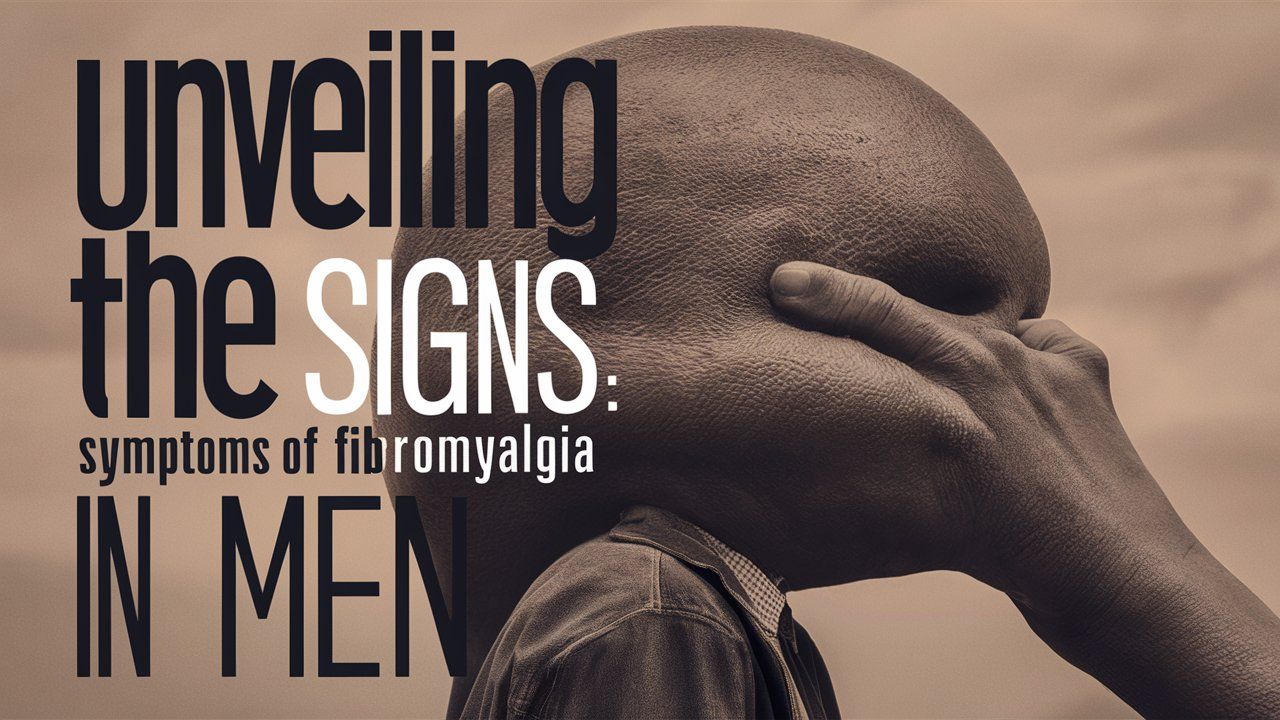[Editors Note] Recently, while looking at the posts on Fibro Bloggers Directory, I came across a great article and podcast post, which I highly recommend. Here’s a summary of the article and blog post with links included at the bottom.
The Disabled Diva Podcast provides an insightful exploration into the multifaceted challenges individuals face while living with chronic illness. In a particular episode titled “Top 10 Questions to Ask After a Chronic Illness Diagnosis,” the podcast delves deeply into essential inquiries that can profoundly impact the journey of managing a chronic condition. These questions are not merely informational but serve as powerful tools for empowerment and understanding, guiding individuals through the complex landscape of their health.
Understanding one’s diagnosis is paramount, serving as the foundation upon which effective management strategies can be built. By seeking detailed explanations from healthcare providers, individuals can gain clarity regarding the nature of their condition, its symptoms, and its potential progression. Armed with this knowledge, they can take proactive steps towards managing their health with greater confidence.

Furthermore, delving into the cause of the illness and exploring potential treatment options is crucial for informed decision-making. Understanding whether the condition is genetic, lifestyle-related, or influenced by environmental factors can help individuals and their families assess risks and implement preventive measures. Additionally, knowing the available treatment options, including medication and lifestyle changes, empowers individuals to tailor their approach to align with their preferences and needs.
Lifestyle adjustments often play a significant role in chronic illness management. By discussing potential changes in diet, daily routines, and habits with their healthcare providers, individuals can optimize their overall well-being and enhance the effectiveness of their treatment plans. Embracing a holistic approach that encompasses both medical interventions and lifestyle modifications can lead to more comprehensive and sustainable management of chronic conditions.
Regular check-ups and vigilant monitoring are essential components of managing chronic illness effectively. Establishing a schedule for follow-up visits and diagnostic tests ensures that treatment plans remain on track and can be adjusted as needed. Additionally, being attuned to warning signs of worsening symptoms enables individuals to seek timely medical intervention, potentially averting complications and improving outcomes.
Seeking support and connecting with others who are navigating similar health challenges can be invaluable on the journey towards managing chronic illness. Resources such as support groups, online communities, and educational materials provide comfort, information, and a sense of belonging. By fostering connections and sharing experiences, individuals can find strength, encouragement, and practical advice to navigate the ups and downs of their health journey.
In conclusion, taking control of one’s health journey requires proactive engagement, informed decision-making, and a supportive network of resources and allies. By asking essential questions, seeking support, and embracing a holistic approach to wellness, individuals can empower themselves to effectively manage their chronic conditions and enhance their overall quality of life.
The Disabled Diva Podcast dives deep into this topic, offering valuable insights and guidance. The blog post can be found okay HERE, and the podcast episode titled “Top 10 Questions to Ask After a Chronic Illness Diagnosis can found here. There are many great posts on the blog, which can be found here: The Disabled Diva Blog.



